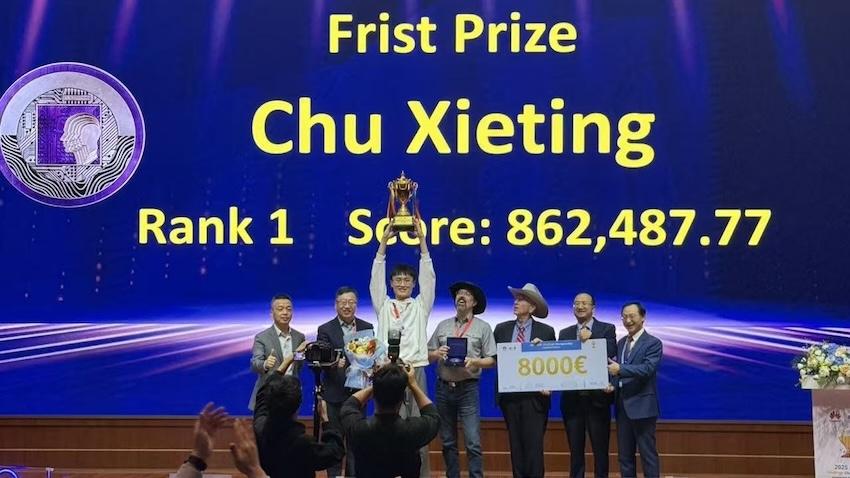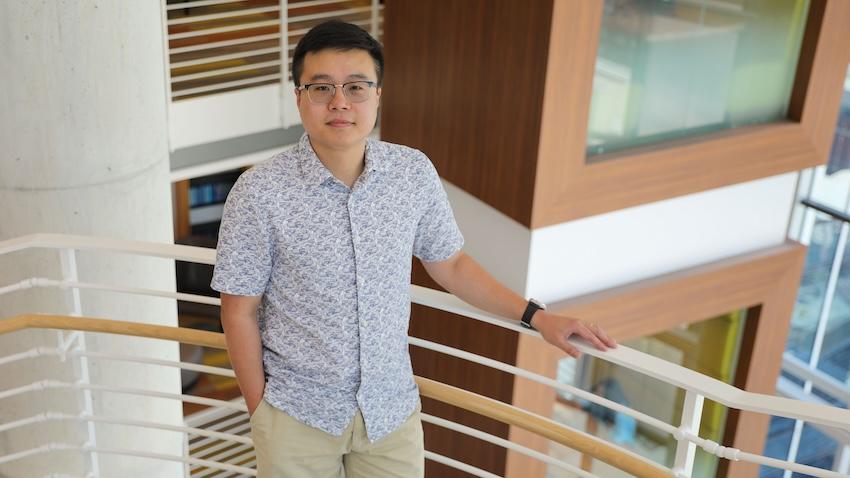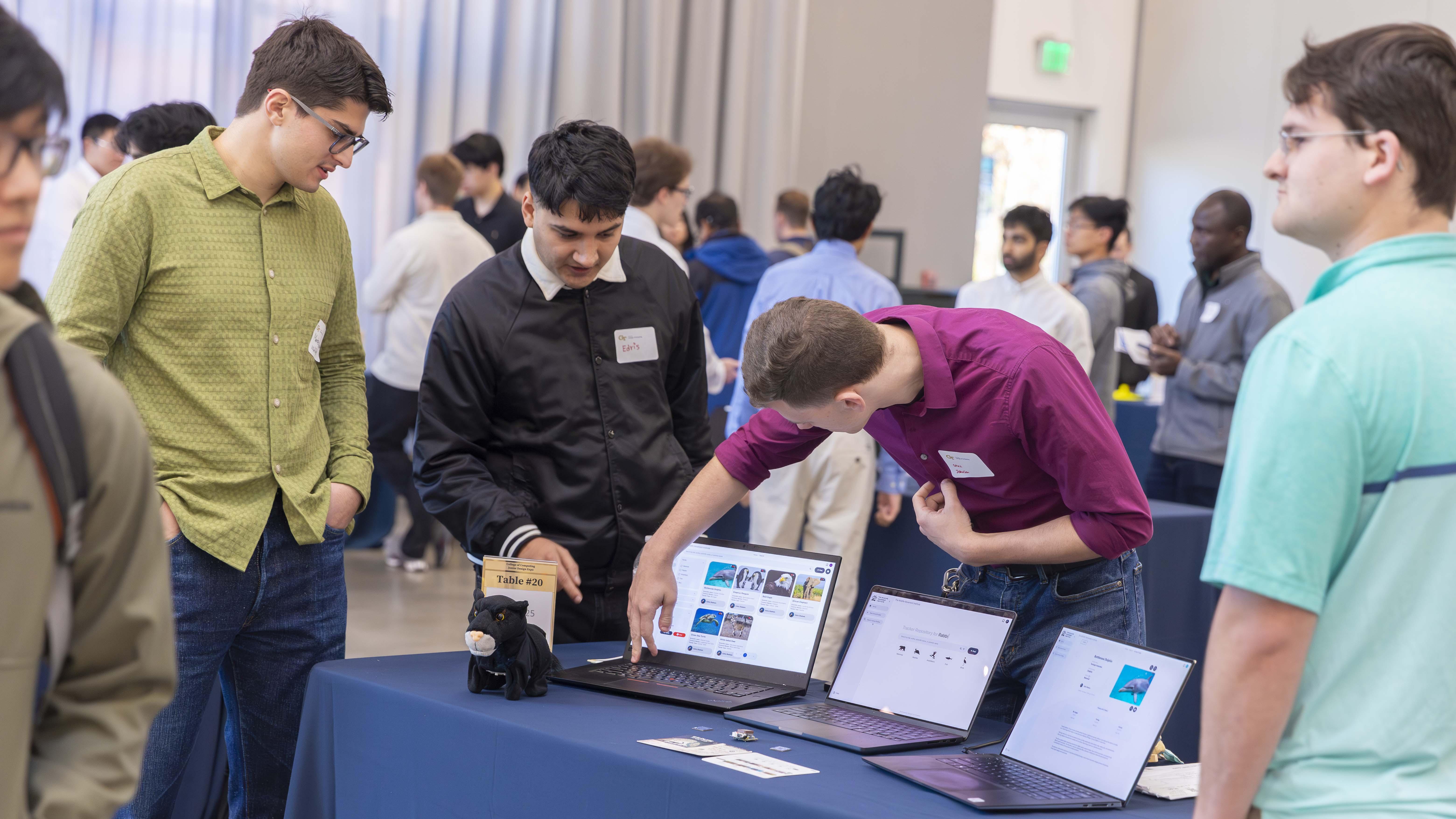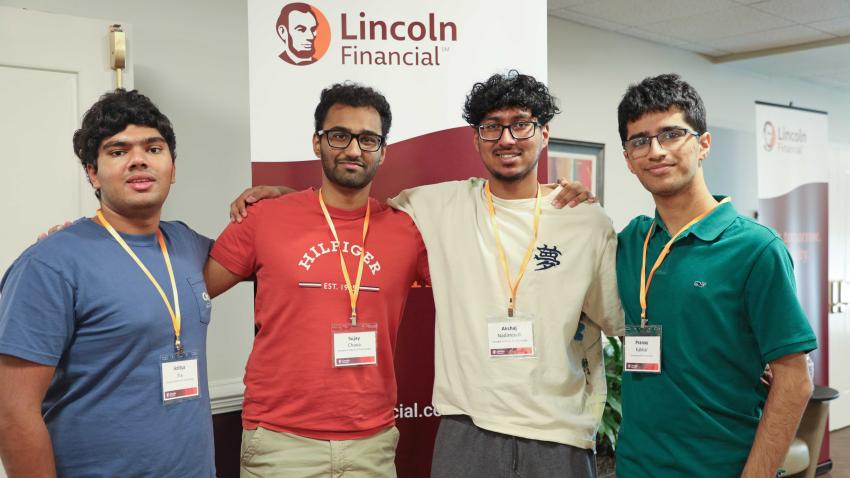
First-Years Earn Second Place at National Hackathon with AI Benefits Advisor
A team of first-year computer science students earned second place at CodeLinc 10, a national 24-hour hackathon hosted by Lincoln Financial Group and Amazon Web Services (AWS).
FinMate, the team’s winning entry, is an artificial intelligence (AI)-powered benefits and financial wellness advisor designed to help early-career employees make confident decisions about healthcare and retirement plans.
The team included Georgia Tech students Sujay Chava, Akshaj Nadimpalli, and Aditya Jha, who collaborated with Pranay Kakkar from the University of Connecticut and Bhuvan Gabbita, a graduate student at the University of Massachusetts Dartmouth. They traveled to Greensboro, North Carolina, to take on the prompt: Build an AI-powered Benefits and Financial Wellness Advisor for Early Career Talent.
Their solution earned them a $2,500 prize to continue developing it.
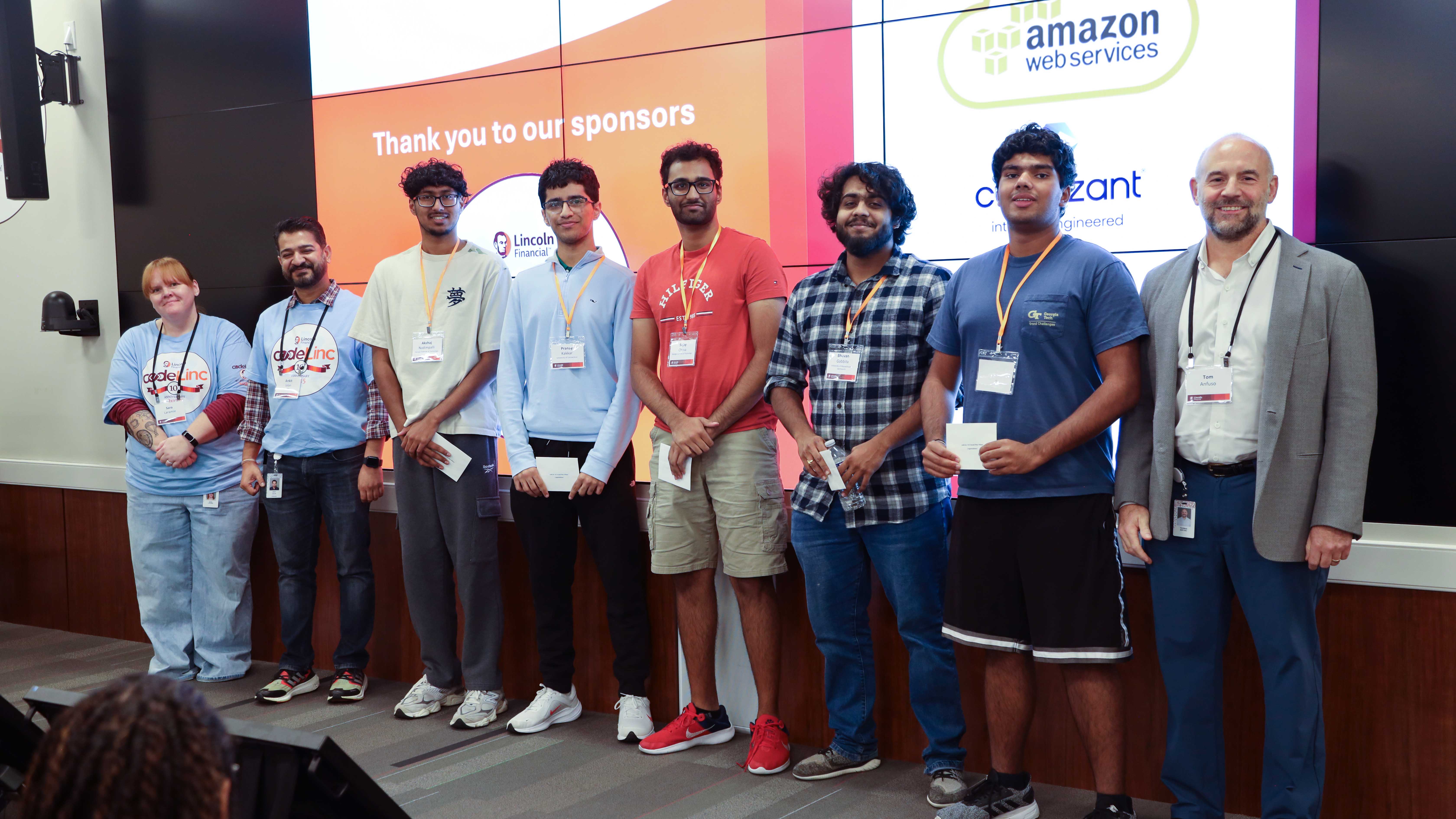
Identifying a Real-World Problem
The idea for FinMate emerged from a challenge many new employees face: navigating complex benefit packages without the financial literacy or confidence to make long-term decisions.
“New employees often feel overwhelmed when choosing healthcare and retirement benefits,” Chava said. “They’re expected to make long-term financial choices in a system that’s full of unfamiliar terms, and that confusion leads to lost confidence, missed employer matches, and lower benefit utilization.”
Guided by mentors including Sarah Laramie of Lincoln Financial, Ankit Jalan of LTIMindtree, Nitin Sharma of Lincoln Financial, and Hasan Mehdi of AWS, the students explored how AI could close this literacy gap without replacing human financial advisors.
Building FinMate
FinMate uses Claude Sonnet 4, an AI model hosted on Amazon’s cloud platform, along with tools like AWS Lambda, DynamoDB, and API Gateway, which help the app run smoothly, store data, and handle user requests.
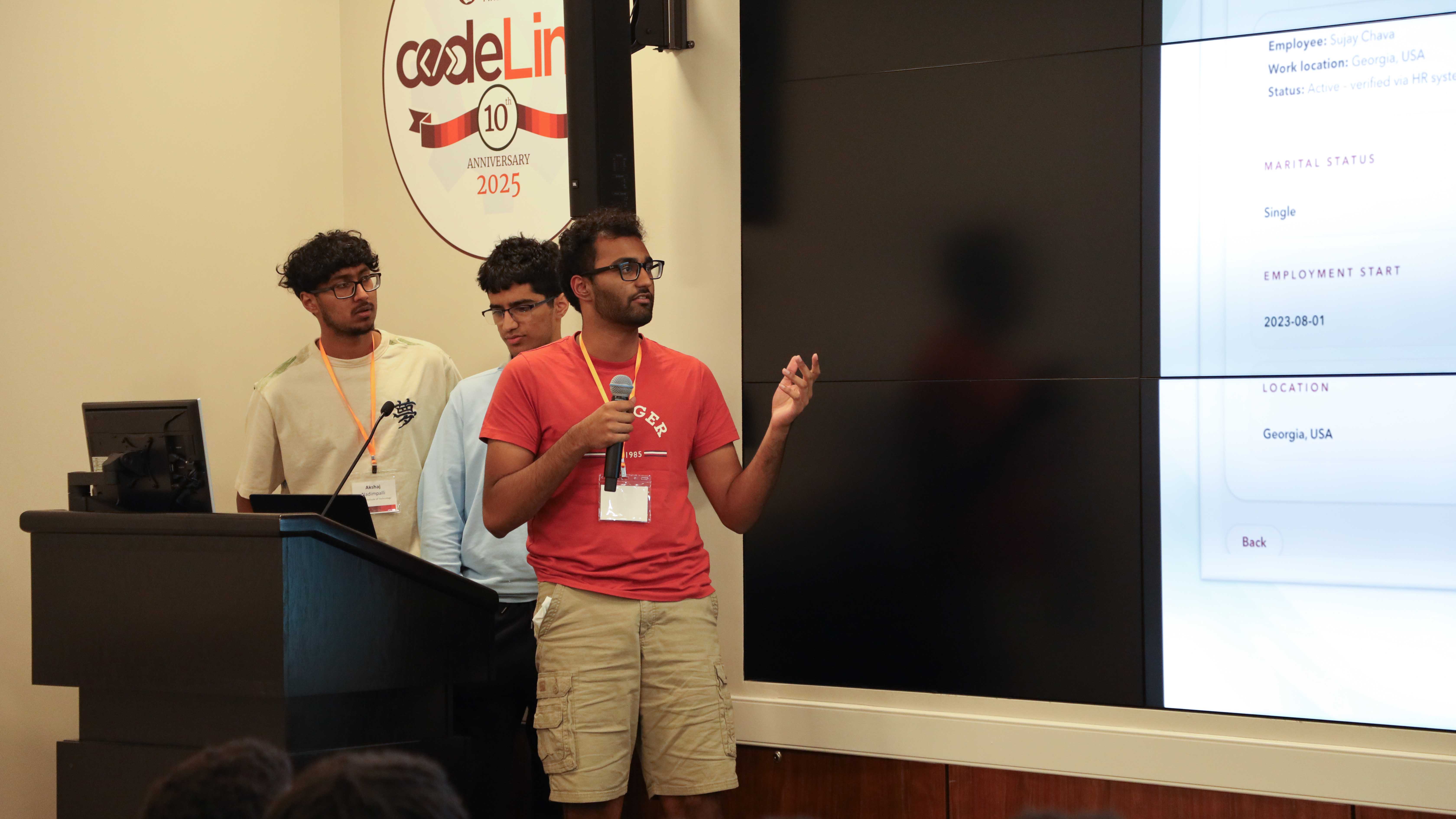
Its conversational interface helps users understand options based on their goals, spending habits, and life circumstances while also explaining the reasoning behind each suggestion.
Chava led UI/UX design, creating an interface aligned with Lincoln Financial’s brand and developing features such as the financial context quiz, learning hub, and interactive AI chat. Nadimpalli, Jha, and Kakkar built the backend infrastructure, ensuring secure, scalable communication across AWS services. Gabbita developed the retrieval-augmented generation (RAG) system and vector database, enabling FinMate to analyze uploaded benefit documents and tailor responses.
The team depended heavily on skills from their Georgia Tech courses and extracurricular activities, ranging from CS 1331 programming fundamentals to AR/VR research, competitive programming, and robotics.
“Our experiences helped us break down the complex problem and build under pressure without sacrificing quality,” Chava said.
Overcoming Technical Hurdles
The fast-paced build was not without obstacles. Newly created AWS accounts were repeatedly blocked, forcing the team to create five separate accounts during development. They also ran into internal firewall issues that prevented access to their MySQL database, prompting a pivot to a hybrid data model using DynamoDB and S3.
“Despite those obstacles, the experience taught us a lot about cloud reliability, infrastructure security, and adaptive problem solving, which are all lessons we could only learn through persisting in this project,” Chava said.
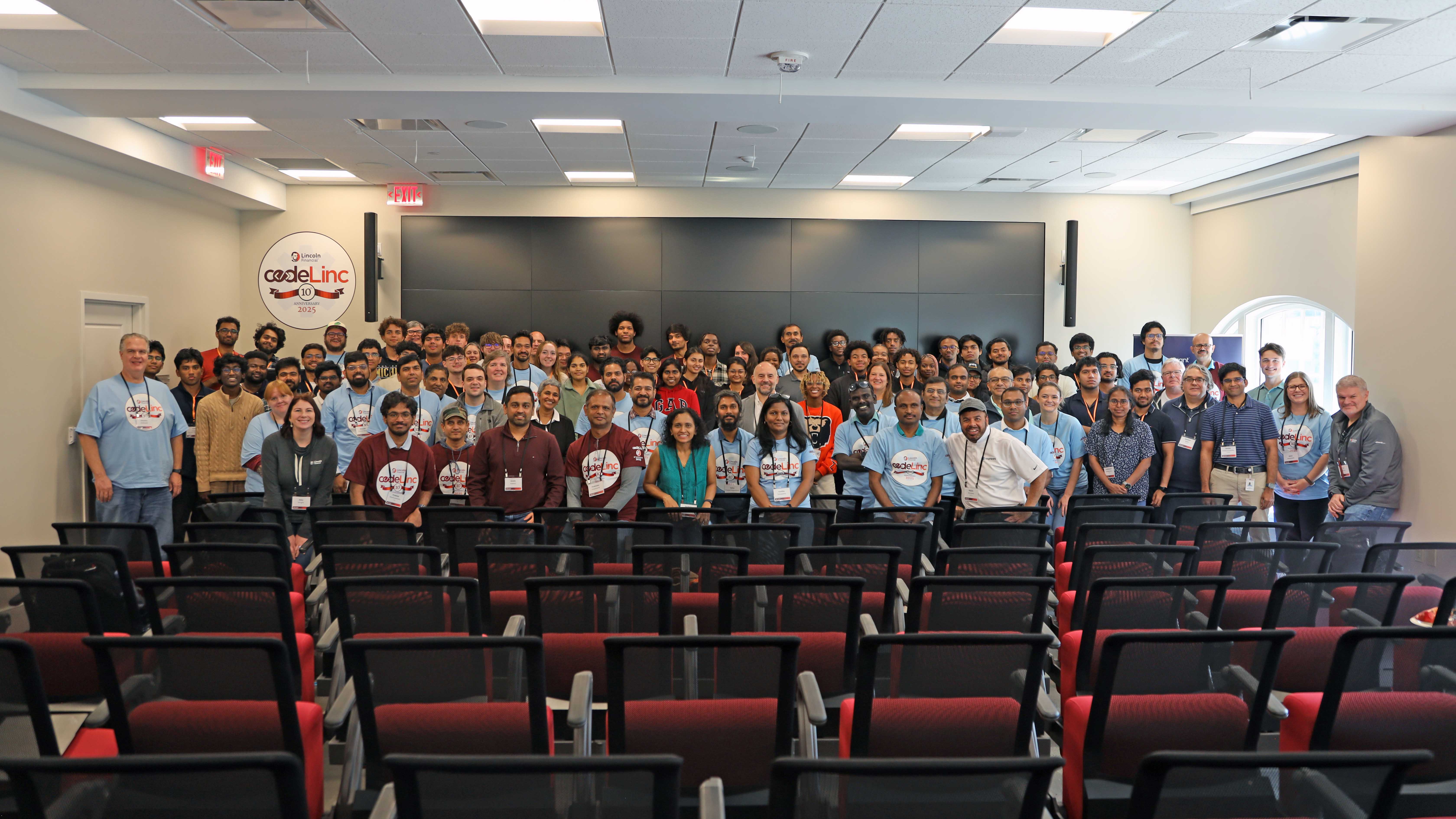
Looking Ahead
With plans to continue developing FinMate, the students hope to partner with human resources teams to integrate benefit selection directly into their platform and expand the learning hub into a more interactive system. The prize money will support hosting costs and user testing.
For students considering hackathons, Chava says, “Just go for it. Even if you feel underprepared, hackathons are the best way to learn quickly, try out new technology, and meet talented people from different schools. You’ll be surprised by how much you can build under pressure."
